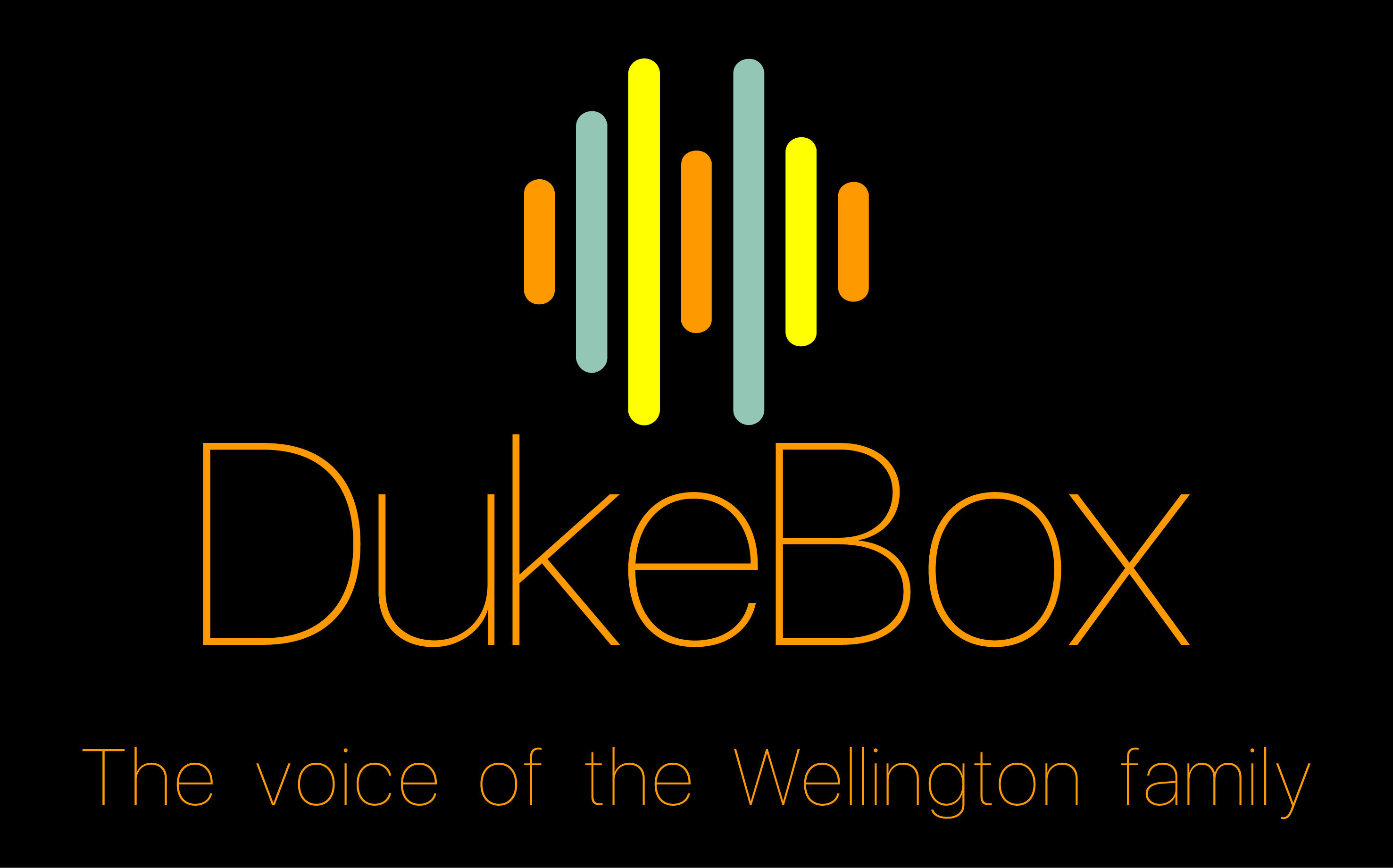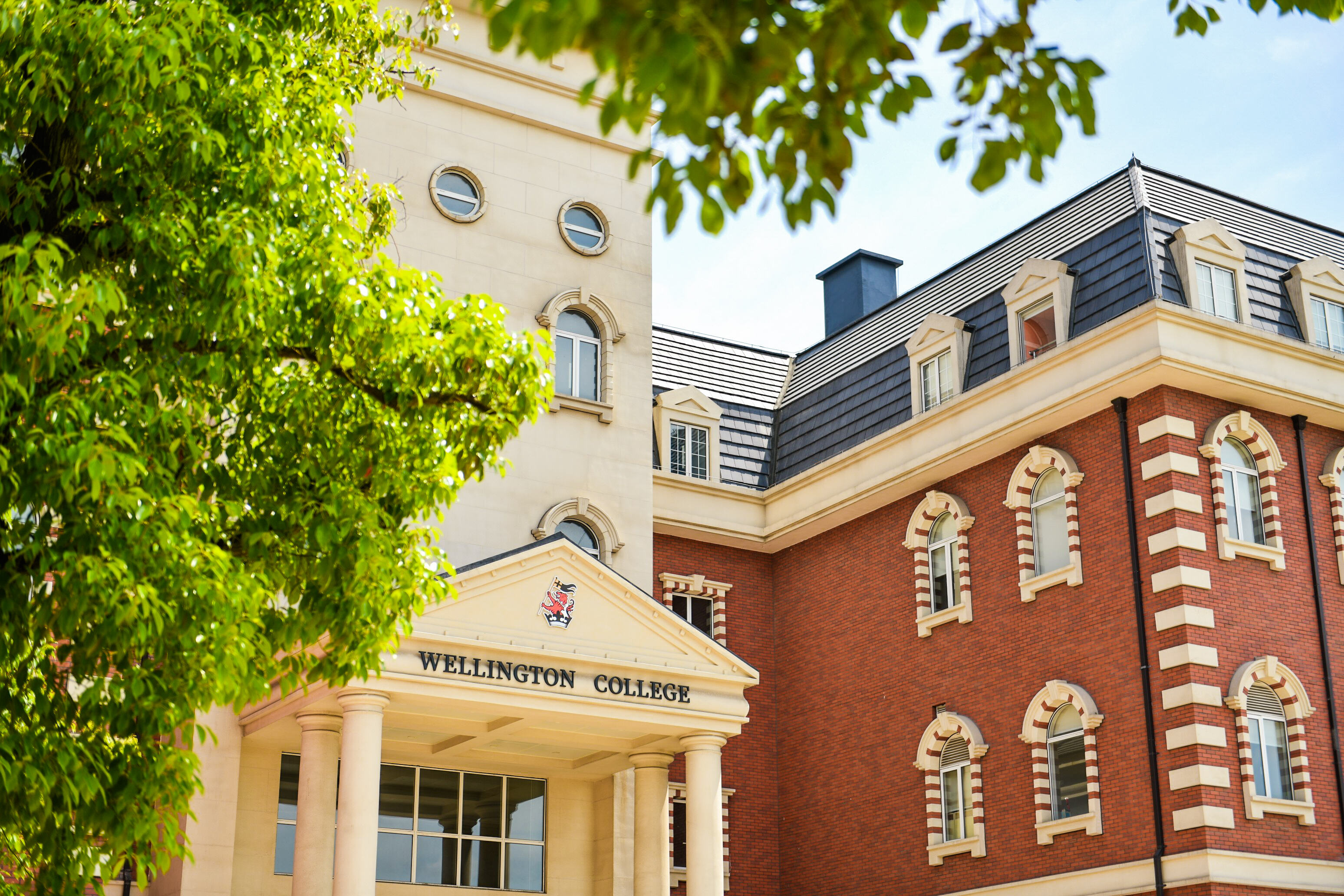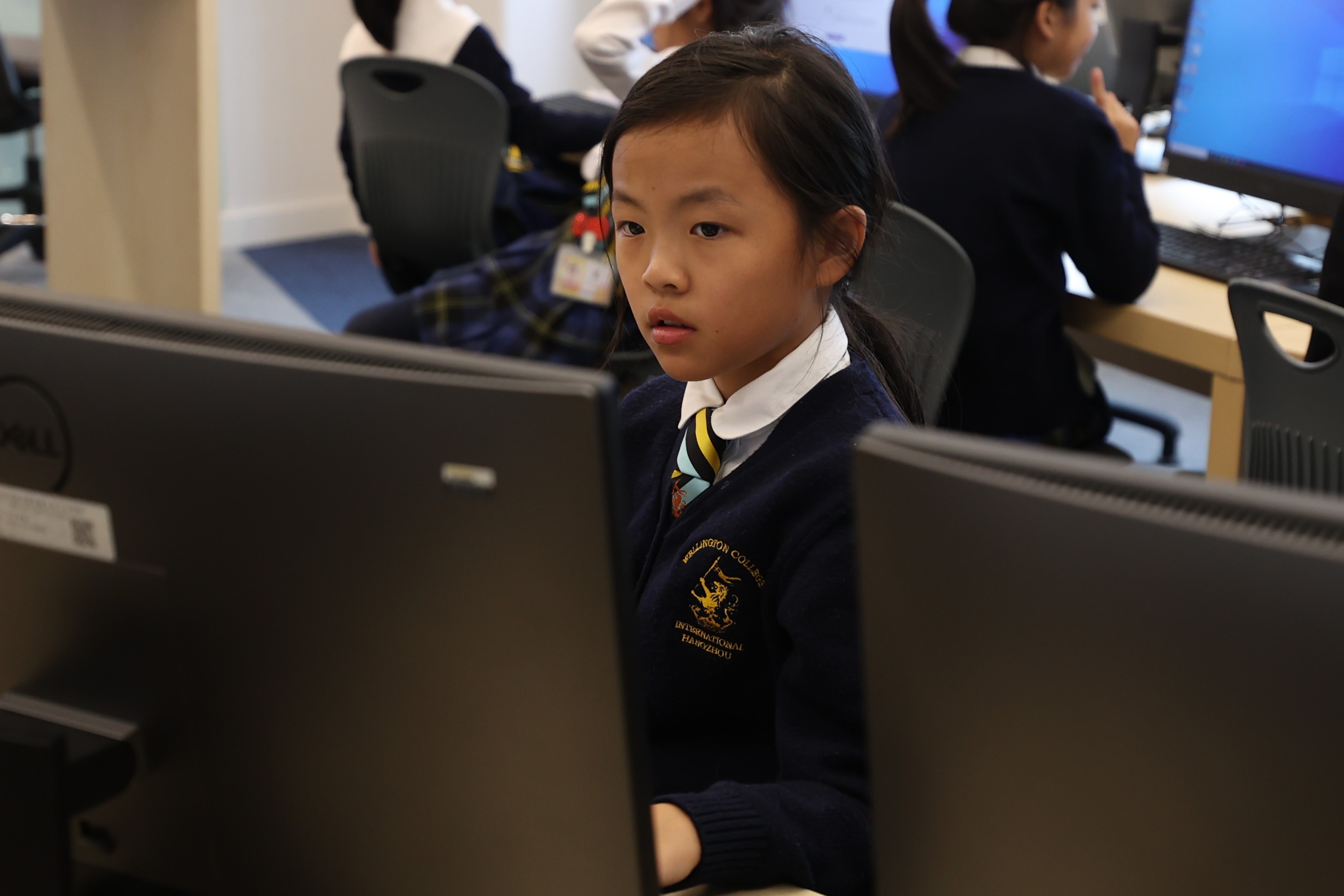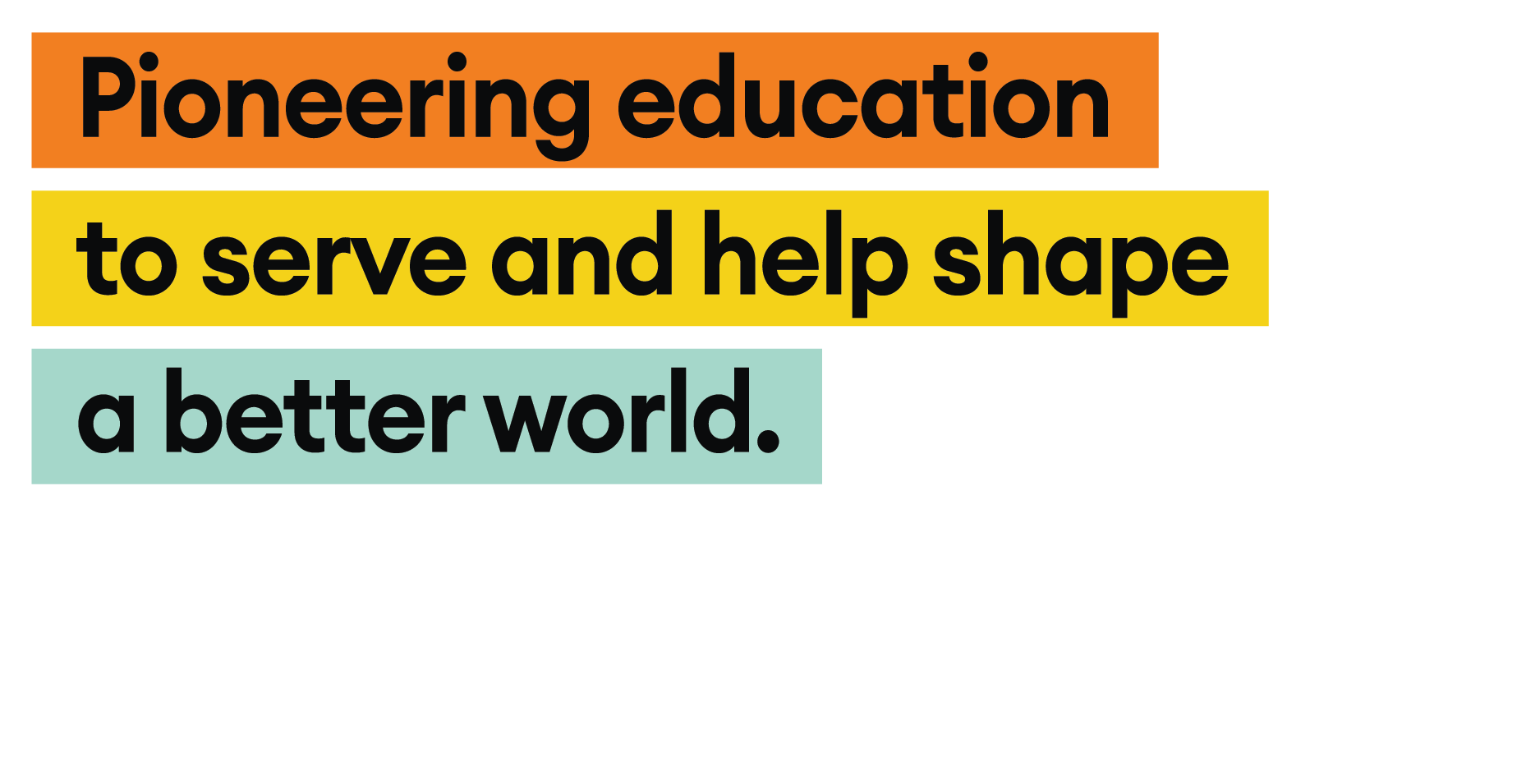The Week Ahead

Senior School Matters
Internationalism
In our assembly this week, Senior school pupils had the opportunity to hear and reflect on the meaning of internationalism: the belief that countries can achieve more by working together and understanding each other.
While the global situation limits travelling abroad, our minds and attitudes are still capable of staying open. Pupils were encouraged to look at others with a positive approach and be receptive to the differences.

Avoiding cultural labels and not stereotyping or putting people in boxes is crucial to achieving the cooperation between nations that we aim for. We must overcome our assumptions and not limit our opinion of people from what we see and what we think we know. We will soon realise that, while we automatically tend to separate ourselves from others based on a visible criterion, we all have a lot in common.
Internationalism is intrinsically part of our identity and is one word that summarises the Wellington values: responsibility for our learning and for keeping our mind open, courage to find out about others with positive curiosity, integrity when we interact with others, respect for the cultures and variety of lifestyles we encounter and, most of all, kindness to everybody irrespective of their background, gender, or culture.
Catherine Rakotondradano
French and Spanish Teacher
Sixth Form Matters
How do admissions officers select students for their universities?
Part Two

Last week I shared just how important academic performance is when making applications to universities. This week I will be covering how extra and super curricular activities can strengthen a pupil’s portfolio. University admissions officers read tens of thousands of applications each year. This is a table showing the institution and the approximate number of applicants each year:

It is worth noting that because Oxbridge receives fewer applications, this does not mean that they are easier to gain admission. Instead, it means that pupils are applying to these universities carefully and realistically.
According to an article in the Chronicle of Higher Education, admissions officers can read up to 15 applications per hour. This means that each applicant has just 4 minutes to make a positive impression. Furthermore, if thorough research is completed regarding a course’s entry requirements, in that case, it means that everyone applying for the same course will have by and large the same predicted grades (see last week’s The Week Ahead for an explanation). Therefore the super and extra curricular activities are beneficial for pupils to show more of their talents and personality.
What are super curricular activities?
Every institution wants its places filled with students who love learning and are determined to pursue their academic passions actively. Super curricular activities are ways in which a pupil can continue their education outside of the classroom. This may take any of the following forms:
Further reading
Attending subject-related lectures (see The Week Ahead for suggestions)
Attending summer school courses led by universities
Completing relevant work experience
Writing subject related blogs
Completing MOOCs (Massive Open Online Courses)
By undertaking any super curricular activities, pupils demonstrate that they are serious about their love of the subject and not just aimlessly applying for a course at university. If your child has an academic interest that they would like to develop further, please ask them to speak to one of our university advisers.
What are extra curricular activities?
Where super curricular activities help pupils showcase their love of learning, extracurricular activities can provide admissions officers with a picture of each applicant’s personal attributes. For example, being captain of the swimming team or Head Girl/Boy demonstrates leadership qualities and learning piano or ballet for many years shows dedication. There is no magic combination of extra curricular activities for applicants; the best method is for pupils to follow their interests.
In conclusion to the title of this article, university admissions officers will consider academic performance, super and extra curricular activities, personal statements/essays and references. Once the academic entry requirements have been met, they will seek students who are hungry to learn and possess an independent drive to be inspired intellectuals. These are the identities of a Hiba/Wellingtonian is no coincidence; we prepare our students to not just apply to university successfully but to thrive once they are there.

Upcoming online events/webinars
In the post-epidemic era, creativity can help us restore beauty to our lives, even in the face of difficulties. If you want to get a systematic look at the latest changes and trends in the creative industry in recent years, you are welcome to join us on Wednesday, 8 December at 7:00pm, Join Sarah Charles, Academic Director of International Division at Bournemouth University of the Arts, in an online lecture, focusing on the opportunities and challenges the epidemic poses to creative industries and their practitioners.

Understanding Art Schools and Careers in the Arts:
School of the Art Institute of Chicago, Maryland Institute for Creative Arts, California College of the Arts, College for Creative Studies

Wednesday, 8 December, 8:00pm(CST)
Please click here to register.

Hatty Leung
Head of Sixth Form
Primary School Matters
Early language development

Developing children’s English language as they enter Wellington College International Hangzhou at Year 1 is one of our core focuses. Children enter an environment that is immersed in the English language. Therefore, it is fundamental for them to learn quickly to speak and listen in the core language. In addition, communication is essential to academic success, building friendships and relationships with their teachers and peers, and expressing and managing emotions.
This week, I saw some fabulous and purposeful language development in the younger years on a learning walk. The children had read and learnt a traditional British fairy tale called Goldilocks and the Three Bears. As part of imitating the story, children were role-playing in small groups. This developed from using puppet characters to playing the characters themselves.

I was struck by how quickly and confidently the children had picked up the core language over the previous week and were able to imitate and express the language back with a sense of creative freedom. For example, they could sequence a relatively long fairy tale accurately and re-create parts of the story, drawing on their own experiences. The class’s language level was comparable to native English speakers and demonstrated children’s accelerated progress in our Year 1 curriculum.
I was asked if all children can speak English fluently like a native speaker on a recent parent tour. While discussing the opportunities children have to accelerate their early English through our tailored curriculum, we also acknowledged that each child will have its unique starting point and will not always develop at the same pace.
We have purposefully modified our curriculum at school to enable children to be immersed in a language-rich environment.

Daily instruction and language from every staff member (except for Chinese lessons) is in English, and our phonics programme builds progressively from Nursery. Our explicit teaching of ‘talk for writing’ enables children to imitate the language orally they need for a particular topic before reading and analysing it and then writing their version. Our extra English skills sessions and carefully planned interventions help boost our programme.
Children must continue to have exposure to English at home, especially if they are learning English as an additional language. Our resourceful library enables children to take home many books. In addition, we encourage parents and siblings to read together or create stories where each person contributes. This not only stimulates language but thinking, creating, and a sense of humour.
Regardless of the language, it is vitally important to continue stimulating language development at home. Have family meetings. Have dinner together at the table and encourage conversation. For example, having dinner together, each family member can share one thing that went wrong and one thing that well during the day. After seeing a movie or TV show together, talk about what happened.
Matthew Coleman
Head of Primary School
Sport Matters

This week Wellington College International Hangzhou celebrated pupils’ achievements who participated in Sports Day on 16 November 2021. The Senior School were awarded medals for the 100m sprint, shot put and long jump events. Primary School was awarded medals for the 50m sprint and standing broad jump. While we believe it is important to celebrate pupils’ athletic achievements and display the Wellington values of courage, integrity, responsibility, kindness and respect. These values are the foundation for sportsmanship. Individual medals were presented to pupils who displayed values on the day, and a trophy was presented to the house with the greatest display of values.
Timothy Schulze
Head of PE

Performing Arts Matters




Last Saturday, the Wellington College International Hangzhou Choir sang carols at the Grand Hyatt Hotel Tree Lighting Ceremony. It was an event to remember.
This weekend the choir are attending the Naked Stables retreat Tree Lighting Ceremony in Moganshan. We wish the performers and their families a wonderful weekend representing our school.


Finally, please save the date for our Winter concerts:
Winter Concert (Year 4 - Year 10)
1:30pm - 2:30pm
Wednesday 22 December
Carol Concert (Year 1 - Year 3)
8:30am - 9:30am
Thursday 23 December
Alejandro Montoya
Director of Performing Arts



Dukebox Matters

Please click here to tune into our Dukebox radio throughout the week to enjoy various shows, including “Marty James breakfast show”, “The big yellow bus show”, “Motown/Rock shows” among others.
If you missed any of the live shows as you can click here to access them on our exclusive “Listen again” service.
Please click here to view some of the wonderful content available in our podcast section:
Here are the most recent podcasts created by our pupils and staff.
Martin Bailey
Dukebox Presenter
Upcoming Events

Related Articles

















